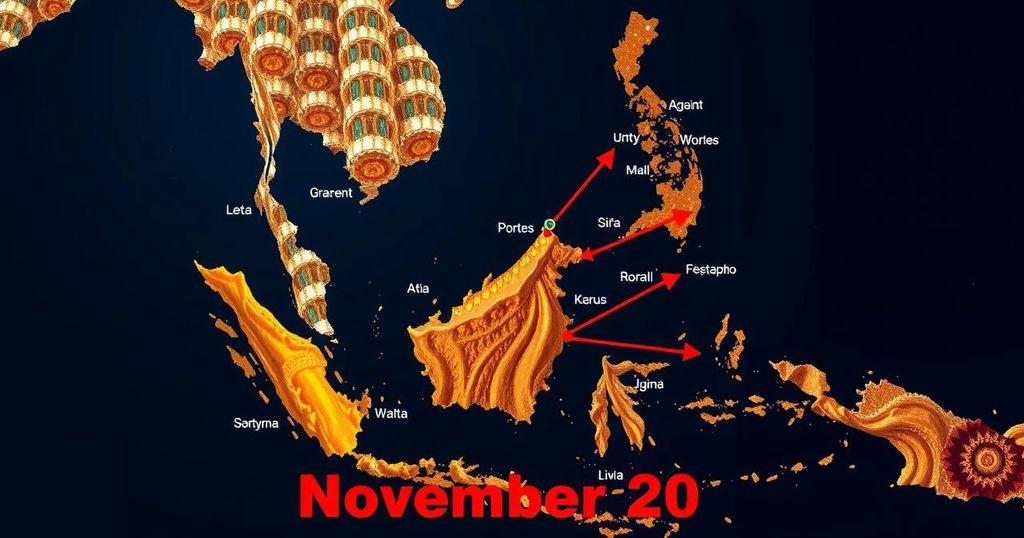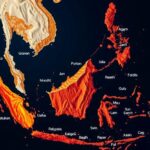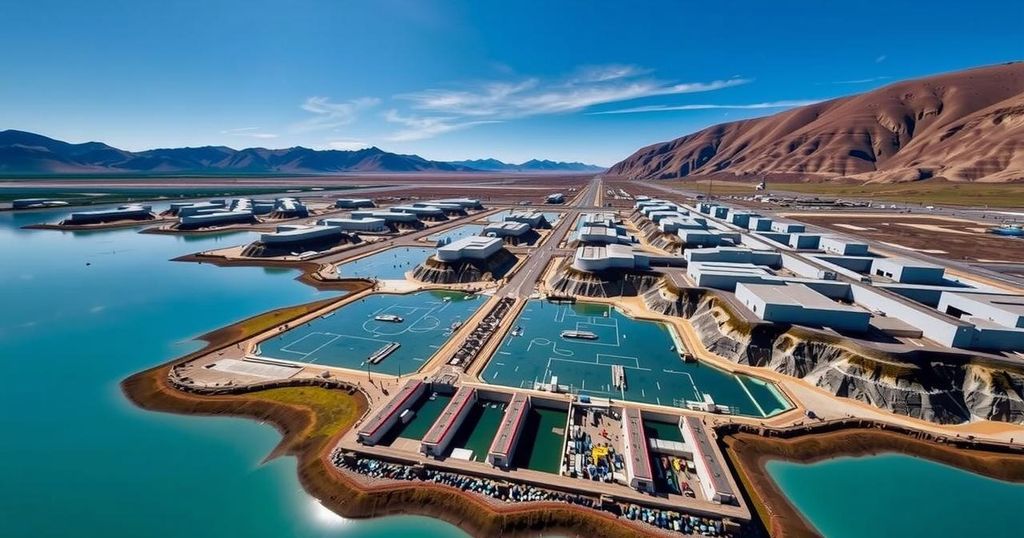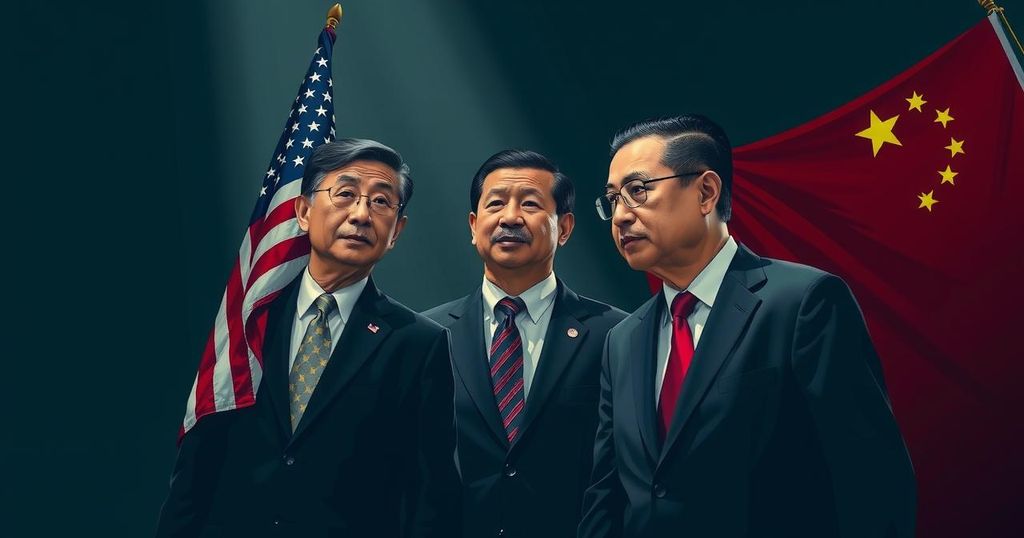Politics
AGE, ASIA, BEIJING, CAMBODIA, CHIN THANH MINH, CHINA, CLIMATE CHANGE, CNA INDONESIA, ECONOMIC DEVELOPMENT, FAO, FOOD AND AGRICULTURE ORGANIZATION OF THE UNITED NATIONS, FOOD SECURITY, INDONESIA, KINGDOM, LAOS, LAWRENCE WONG, MEXICO, MYANMAR, NATIONAL ASSEMBLY OF THE SOCIALIST REPUBLIC OF VIETNAM, NORTH AMERICA, PR, REGIONAL EL, SINGAPORE, SOUTHEAST ASIA, STATE ADMINISTRATION COUNCIL, STRAITS TIMES, THAILAND, TIMES, VIENTIANE TIMES, VIETNAM, WONG
Nia Simpson
Southeast Asia: Political Dynamics and Socio-Economic Initiatives Update
Recent news from Singapore, Cambodia, Laos, Myanmar, Indonesia, and Thailand outlines key updates. Singapore’s PM highlights multilateralism, Cambodia collaborates with the FAO on climate, Laos introduces a budget for poverty alleviation, Myanmar receives China’s support for reforms, Indonesia gears for regional elections alongside sports victories, and Thailand discusses the potential return of Yingluck Shinawatra amid relaxed alcohol service regulations.
The latest developments across Southeast Asia reveal a dynamic and evolving region grappling with significant political, social, and environmental challenges. In Singapore, Prime Minister Lawrence Wong emphasizes the importance of multilateral platforms like the G-20 in adapting to global trade realities. Conversely, in Cambodia, initiatives are underway to address climate change through collaboration with the FAO, while Vietnam strengthens diplomatic ties through high-level visits. Laos focuses on poverty reduction through a new budget targeting infrastructure development and addressing the impacts of unexploded ordnance. Myanmar’s political landscape sees support from China for reforms, alongside innovative eco-friendly technology in cooking. Indonesia’s political scene is influenced by former president Jokowi’s campaigning for regional elections amidst a backdrop of national pride demonstrated by its national football team’s recent victory. Thailand navigates its political narrative with discussions regarding the potential return of former prime minister Yingluck Shinawatra and newly relaxed alcohol service regulations for the New Year. Each nation is actively engaging in measures intended to shape their futures while responding to both internal and external pressures.
Southeast Asia is characterized by a rich tapestry of cultures, histories, and socio-economic challenges. Each nation faces unique circumstances that influence its political and economic stability. Recent updates indicate rising urgencies for multilateral cooperation, tackling climate change, poverty alleviation, and political reforms across the region. As countries like Singapore and Indonesia gear up for critical elections while addressing citizen needs through infrastructure and technology innovations, the collaborative efforts in diplomacy and economy are becoming increasingly vital. These developments are symptomatic of broader trends in global governance and regional integration.
In summary, the news highlights a spectrum of developments across Southeast Asia, showcasing how countries are prioritizing multilateral cooperation, environmental sustainability, economic stability, and addressing pressing social challenges. As nations prepare for elections and strengthen foreign relations, the future trajectory within the region appears poised for significant transformation amidst ongoing internal and external dynamics.
Original Source: www.bernama.com






Post Comment